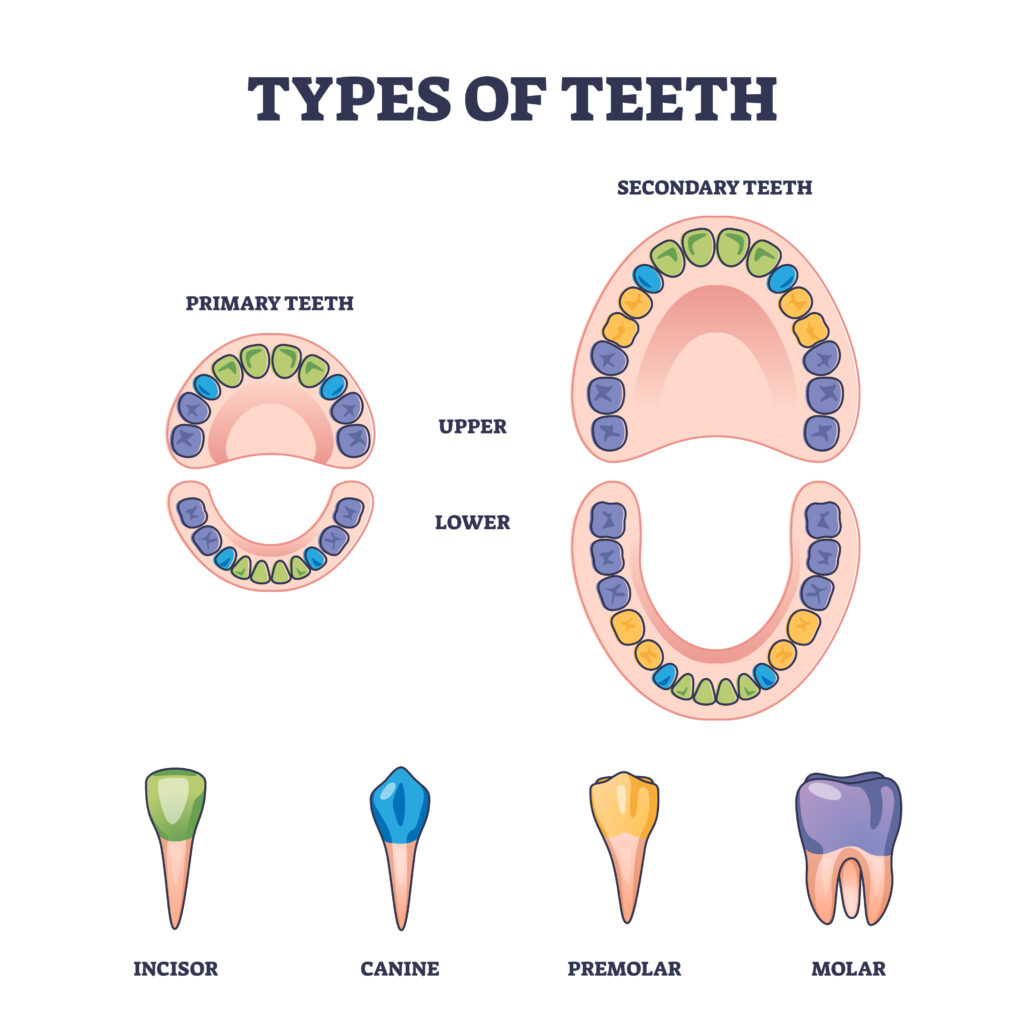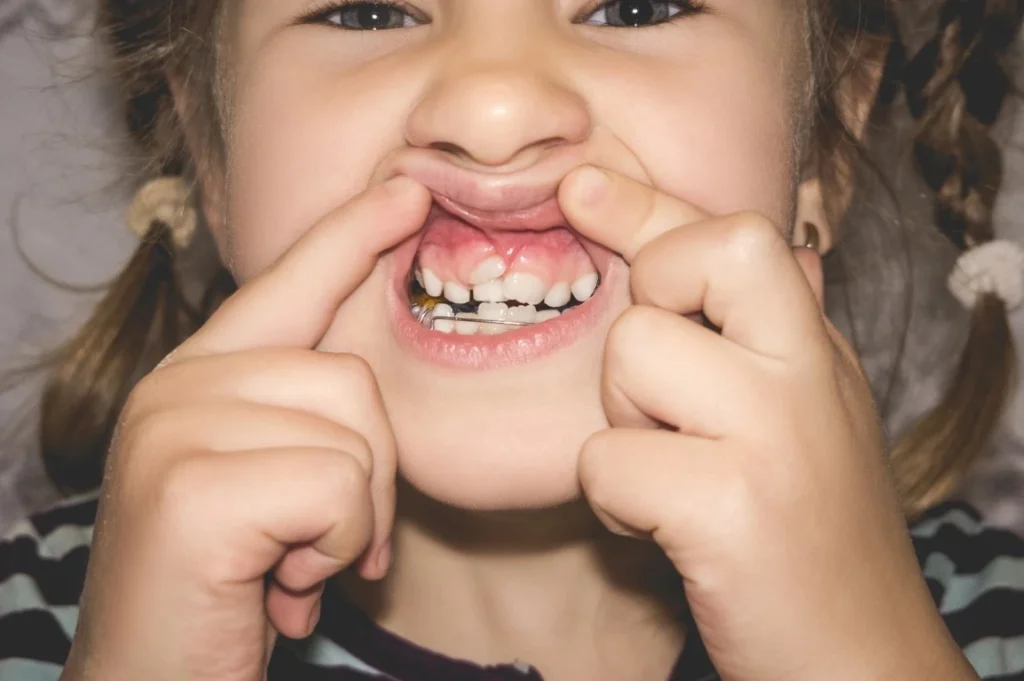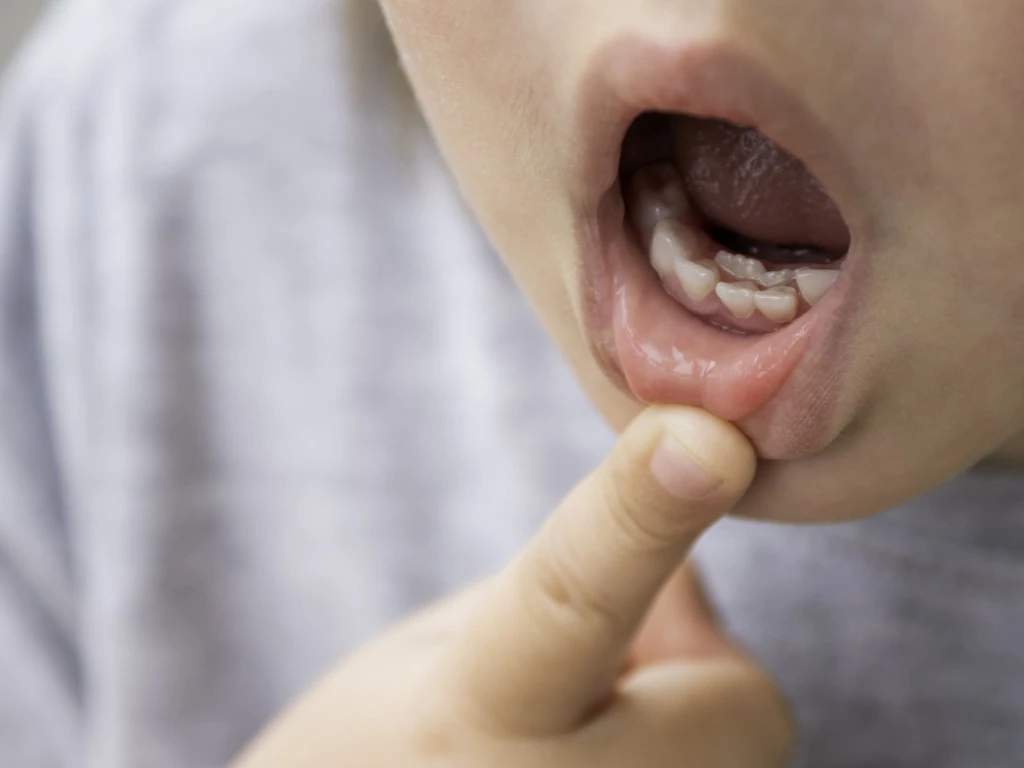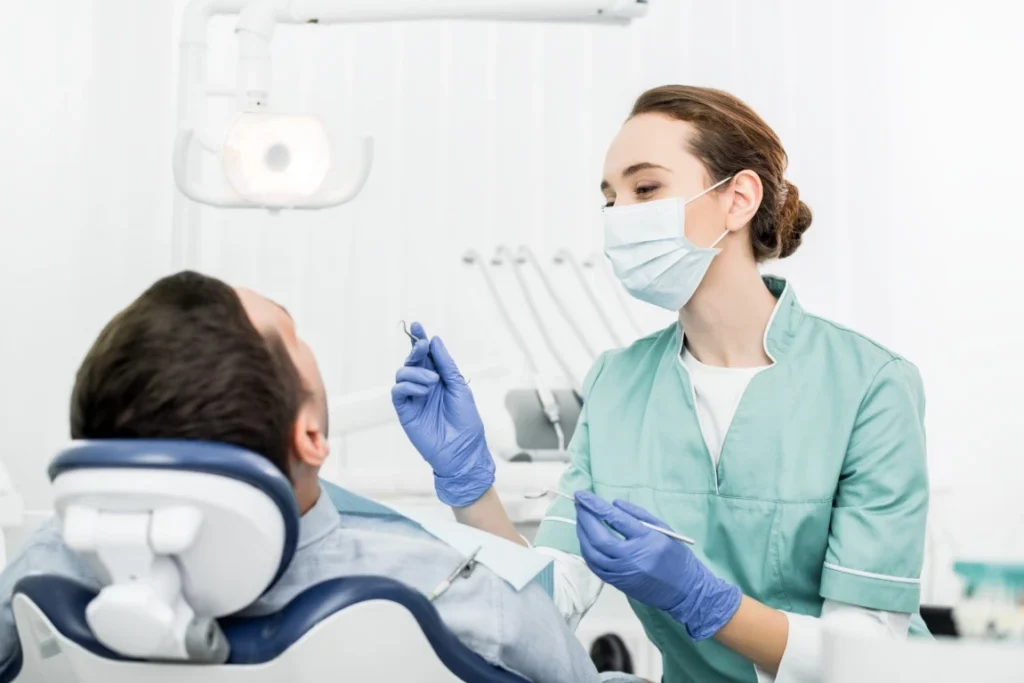When it comes to oral health, most people’s main concerns are cavities, gum disease, alignment, or aesthetics. However, some conditions are lesser-known but equally important, such as hyperdontia and hypodontia. These conditions involve anomalies in the number of teeth an individual has, potentially leading to a number of complications.
In this blog post, we’ll explore the details of hyperdontia and hypodontia, the causes and symptoms of these conditions, and treatment options.

How Many Teeth Should I Have?
Before we get into conditions affecting the number of teeth an individual has, let’s establish a baseline for what’s considered normal when it comes to dental development.
A baby’s first tooth typically erupts at about six months of age. By age 10, they usually have all 20 of their baby teeth — 10 on top and 10 on bottom — which are gradually replaced by permanent teeth.
Adults should have 32 teeth, including eight incisors, four canines, eight premolars, and 12 molars, including wisdom teeth. Most people don’t have room in their mouths for wisdom teeth, necessitating extraction. This leaves them with eight molars, which makes 28 teeth total.
What is Hyperdontia?
When an individual has more than the usual 20 baby teeth or 32 permanent teeth, this is known as hyperdontia. While these extra teeth can appear anywhere, they’re most commonly found on the upper jaw in the incisor or molar regions.
Causes
The exact cause of this condition is not always clear; however, there are several possible contributing factors, including:
- Genetics: If an individual’s parents or siblings have hyperdontia, there’s a higher chance they will have extra teeth, as well.
- Developmental syndromes: Several conditions, including cleidocranial dysplasia, Gardner’s syndrome, and Ehlers-Danlos syndrome are associated with the development of extra teeth.
- Environmental factors: Although less common, certain developmental disturbances and environmental factors during tooth formation can lead to extra teeth.

Symptoms
If the extra teeth are not causing issues, hyperdontia can be asymptomatic. When symptoms are present, they may include:
- Crowding and misalignment
- Displacement of adjacent teeth
- Difficulty speaking or chewing
- Delayed development of permanent teeth
- Cysts or tumors around the extra teeth
Treatment Options
Hyperdontia treatment depends on the number of extra teeth, their positions, and how they impact the rest of the teeth. If they’re not causing any issues, monitoring may be sufficient; however, if there is misalignment or crowding, extraction is often the best choice. Post-extraction, orthodontic treatment may be necessary to correct any spacing issues or misalignment.
What is Hypodontia?
Hypodontia is a condition in which some teeth are congenitally missing, causing the individual to have fewer than the usual number of teeth. It can range from the absence of one or two teeth to more severe instances where six or more teeth are missing.
Causes
Like with hyperdontia, there are many possible causes of this condition, including:
- Genetics: Mutations or disruptions in the genes responsible for tooth development can result in missing teeth.
- Medical conditions: Ectodermal dysplasia, Van der Woude syndrome, and Down syndrome, among other conditions, are often linked to hypodontia.
- Environmental factors: Trauma, infections during pregnancy, and exposure to certain chemicals or drugs can interfere with tooth development.

Symptoms
Symptoms can vary based on the number and location of missing teeth. Individuals may experience:
- Spaces or gaps between teeth
- Difficulty speaking or chewing
- Misaligned teeth
- Aesthetic concerns
Treatment Options
The goal of hypodontia treatment is to restore both function and aesthetics. Options include:
- Dental implants: As a popular choice for replacing missing teeth, dental implants are known for providing a permanent solution that looks and feels natural.
- Bridges and dentures: These restorations can fill gaps left by missing teeth, improving both functionality and appearance.
- Orthodontics: Braces, aligners, and other orthodontic treatments can align teeth and close gaps.
- Restorative dentistry: Restorative techniques such as veneers, bonding, and crowns can improve the appearance and function of smiles affected by hypodontia.
Importance of Early Detection and Treatment
Early detection and intervention are essential for minimizing the impact of both hyperdontia and hypodontia. Regular dental check-ups beginning in early childhood allow these conditions to be identified in a timely manner, preventing complications down the line through an appropriate treatment plan.
Ensure Healthy Development with Eric Felt DDS
At Eric Felt DDS, we are committed to ensuring healthy oral development through all stages of life. If you have concerns about you or your child’s smile, don’t hesitate to schedule an appointment with our dedicated dental professionals or contact us with any questions. With a little help from us, you can enjoy happy, healthy smiles that last a lifetime.








